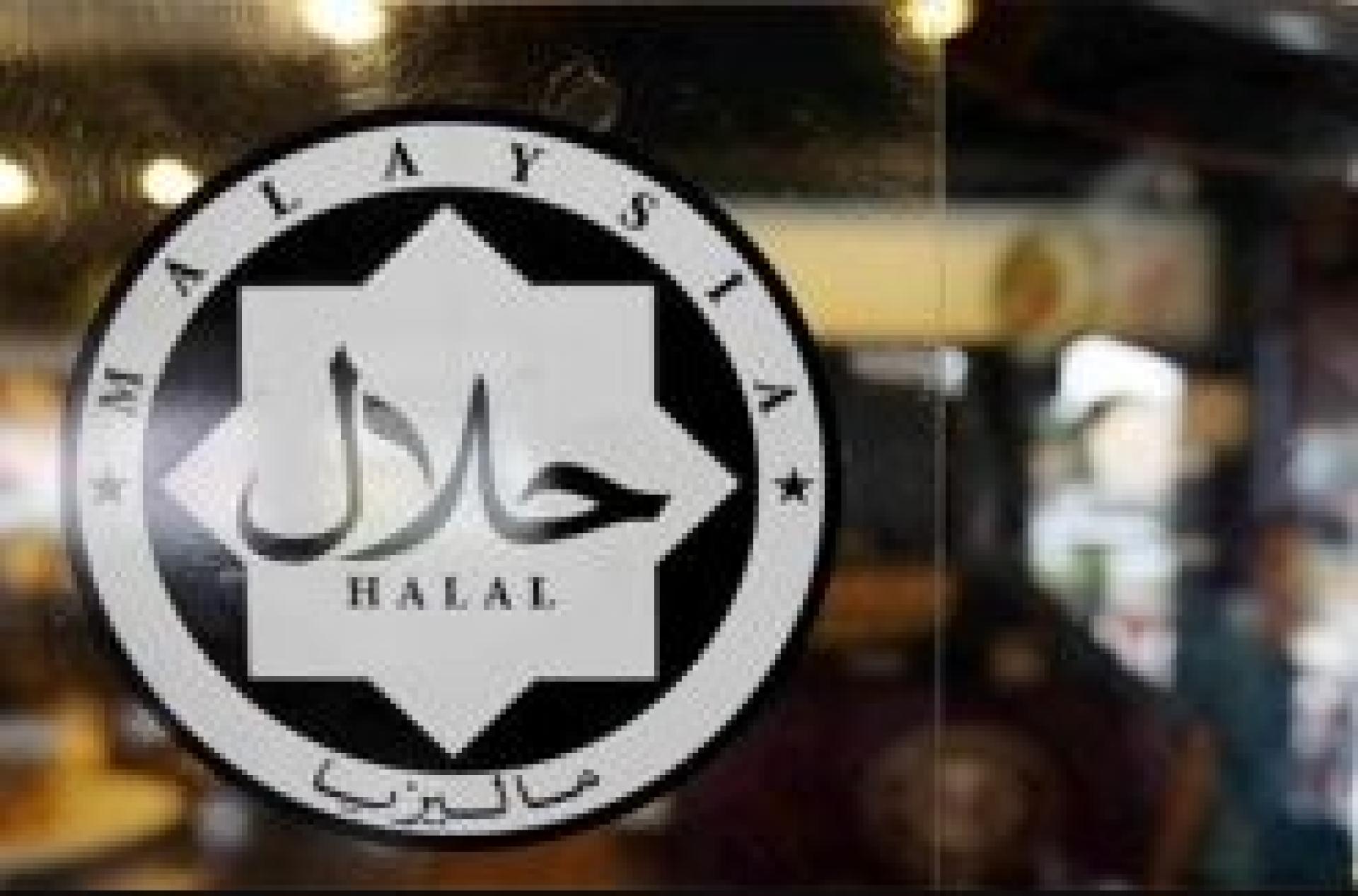KUALA LUMPUR, May 19 – Australia is negotiating with Malaysia on a strategic partnership to boost its halal meat export industry.
Australian High Commissioner to Malaysia Danielle Heinecke said the outcome of the negotiation will be important going forward, not just in terms of comparative advantage in agriculture, but also the technology around agriculture, and Malaysia's aspirations around the halal industry.
“There are lots of opportunities and we hope to finalise the partnership via negotiations that we have been working on for a little while with Malaysia,” she said after Bernama TV’s “The Nation: Diplomatic Dispatch” programme titled “Australia–Malaysia: Partners in a Changing Indo-Pacific”.
The High Commissioner said that some 17 Australian meat exporters registered with the Department of Islamic Development (JAKIM), which meet the department’s high halal standards, are exporting to Malaysia.
Last year, Australia exported 38,220 tonnes of halal sheep meat and 13,511 tonnes of halal beef and veal into Malaysia, valued at A$249.26 million and A$120.83 million (A$1=RM2.75), respectively, according to figures provided by the High Commission.
Malaysia is also Australia’s second-largest red meat export market in Southeast Asia after Indonesia in terms of volume, according to “Meat and Livestock Australia”, a publication providing a market snapshot of beef and sheepmeat exports to Malaysia.
The publication also said that Malaysians have the highest per capita beef consumption among ASEAN countries at 8.8kg per person in 2024.
Heinecke said that economic ties between both countries have been further strengthened by the Malaysia-Australia Free Trade Agreement (MAFTA), which facilitates trade in goods, services, as well as investments.
Malaysia is Australia's second-largest trading partner in ASEAN and its 10th-largest partner overall, with total trade in 2023-2024 valued at A$33 billion.
Australia’s economic and trade relationship with Malaysia is mature, comprehensive and complementary, said Heinecke.
“In 2023-24, Malaysia was our second largest two-way trading partner among ASEAN member states and 10th largest partner overall,” she said.
There are several established Australian retail brands in Malaysia, including Aesop, Arnott's, Blackmores, Boost Juice, Cotton On, Harvey Norman and King Living.
Earlier during the programme, she said Canberra was intensifying its economic engagement in Southeast Asia, particularly through targeted trade and investment missions.
“We are bringing a trade and investment mission here centred around Energy Asia and also exploring opportunities within the Johor-Singapore Special Economic Zone,” she said, adding that Australia is the fourth-largest digital tech investor in Malaysia.
She cited successful Malaysian ventures in Australia, including Gentari’s renewable energy projects and Gamuda’s high-tech transport infrastructure initiatives, as two-way economic engagement that benefits both countries.
Besides MAFTA, Malaysia and Australia are also members of the ASEAN-Australia-New Zealand Free Trade Agreement (AANZFTA), the Regional Comprehensive Economic Partnership (RCEP), and the Comprehensive and Progressive Agreement for Trans-Pacific Partnership (CPTPP).
“There are lots of opportunities and we hope to finalise the partnership via negotiations that we have been working on for a little while with Malaysia,” she said after Bernama TV’s “The Nation: Diplomatic Dispatch” programme titled “Australia–Malaysia: Partners in a Changing Indo-Pacific”.
The High Commissioner said that some 17 Australian meat exporters registered with the Department of Islamic Development (JAKIM), which meet the department’s high halal standards, are exporting to Malaysia.
Last year, Australia exported 38,220 tonnes of halal sheep meat and 13,511 tonnes of halal beef and veal into Malaysia, valued at A$249.26 million and A$120.83 million (A$1=RM2.75), respectively, according to figures provided by the High Commission.
Malaysia is also Australia’s second-largest red meat export market in Southeast Asia after Indonesia in terms of volume, according to “Meat and Livestock Australia”, a publication providing a market snapshot of beef and sheepmeat exports to Malaysia.
The publication also said that Malaysians have the highest per capita beef consumption among ASEAN countries at 8.8kg per person in 2024.
Heinecke said that economic ties between both countries have been further strengthened by the Malaysia-Australia Free Trade Agreement (MAFTA), which facilitates trade in goods, services, as well as investments.
Malaysia is Australia's second-largest trading partner in ASEAN and its 10th-largest partner overall, with total trade in 2023-2024 valued at A$33 billion.
Australia’s economic and trade relationship with Malaysia is mature, comprehensive and complementary, said Heinecke.
“In 2023-24, Malaysia was our second largest two-way trading partner among ASEAN member states and 10th largest partner overall,” she said.
There are several established Australian retail brands in Malaysia, including Aesop, Arnott's, Blackmores, Boost Juice, Cotton On, Harvey Norman and King Living.
Earlier during the programme, she said Canberra was intensifying its economic engagement in Southeast Asia, particularly through targeted trade and investment missions.
“We are bringing a trade and investment mission here centred around Energy Asia and also exploring opportunities within the Johor-Singapore Special Economic Zone,” she said, adding that Australia is the fourth-largest digital tech investor in Malaysia.
She cited successful Malaysian ventures in Australia, including Gentari’s renewable energy projects and Gamuda’s high-tech transport infrastructure initiatives, as two-way economic engagement that benefits both countries.
Besides MAFTA, Malaysia and Australia are also members of the ASEAN-Australia-New Zealand Free Trade Agreement (AANZFTA), the Regional Comprehensive Economic Partnership (RCEP), and the Comprehensive and Progressive Agreement for Trans-Pacific Partnership (CPTPP).
